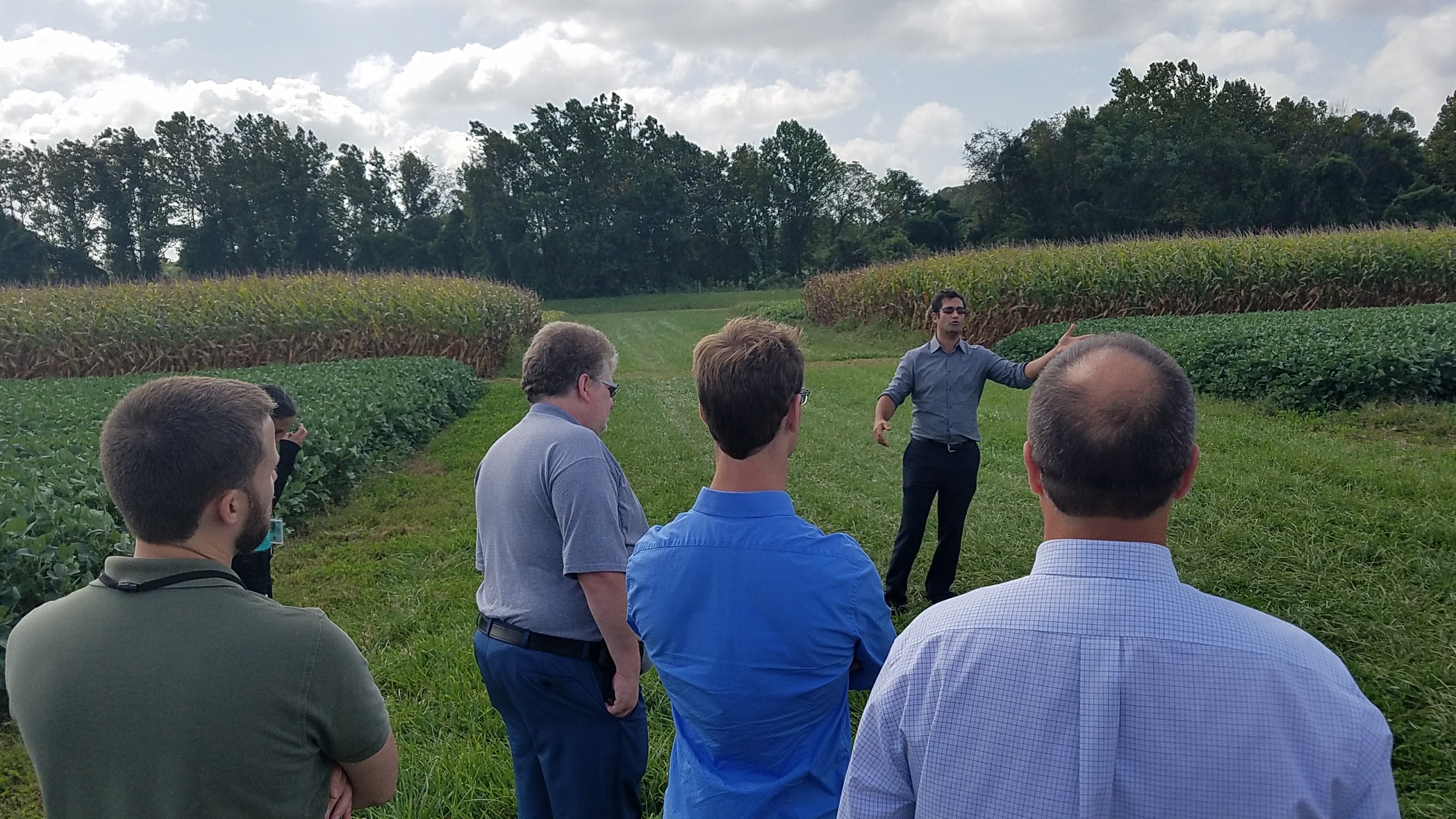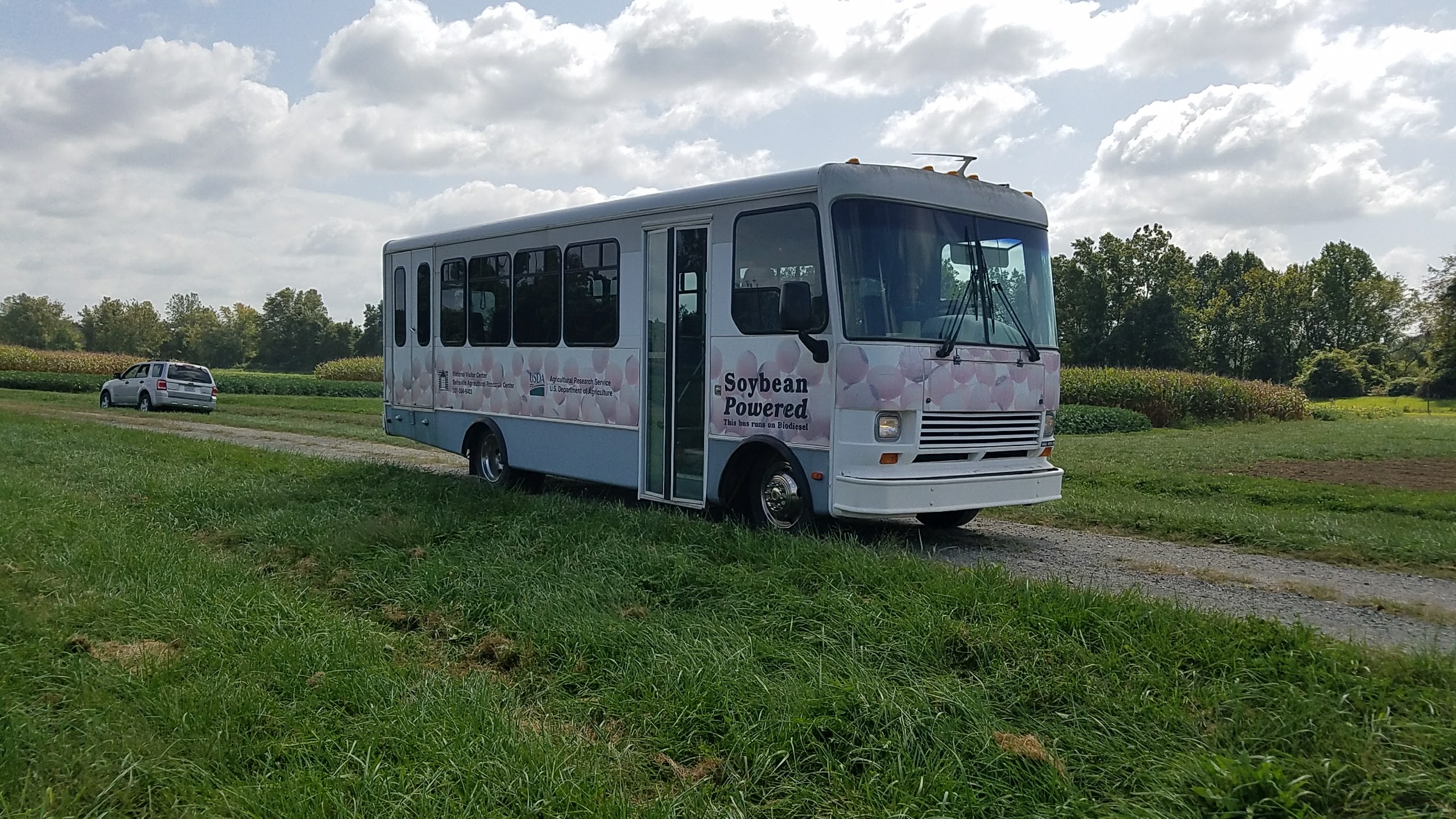Information Management Task Force
Working GroupMission/Vision
To design and develop cyber-infrastructure to meet the mission of increasing the impact of ARS research
Objectives
- Manage data and information efficiently as to contribute to science-based strategies for sustainable US agriculture in a timely manner.
- Make available historical and current data and metadata to identify factors influencing production, environmental conditions and rural prosperity.
- Develop and execute standard and/or shared data and information practices that enable facilitation of common experiments and network research to assess aspirational and business-as-usual operations.
Activities
List activities that are currently happening or that are planned for this working group.
- Coordinating data organization and management across the network and with other networks
- Expanding and enacting Natural Resources and Genomics Data System for LTAR and other ARS Networks, such as NuoNET, Dairy Grand Challenge, etc. (CARR, CPER, NP, UCB)
- Exploring and enacting WISKI at sites (GACP, LMRB)
- Improving data quality
- Beta-testing QAQC R scripts (CMRB)
- Sharing dashboard development for meteorological data (GB)
- Enhancing internal and external communication
- LTAR Website (WG)
- LTAR data discovery via Ag Data Commons (NAL)
- Coordinate Targeted Teams to create
- a comprehensive data management policy for LTAR
- a centralized and organized IM resource library for LTAR
- DMP Templates
- controlled vocabularies for LTAR
- ArcGIS online expertise through mentorship and training
- high performance computing and SciNET expertise through mentorship and training
- a strategy for moving LTAR information ecosystem from conceptualization to operationalization in 2018
Accomplishments
- Fall 2016
- swat team formed to“…improve communication, better understand the information management needs of the LTAR locations, and, most importantly, assign tasks.”
- Implemented Basecamp for communication and information exchange
- Planned discussion items and activities at site visits
- Winter 2017
- Site visits (Walnut Gulch, JRN)
- Data Management Plan created for each site
- Embedded data managers are working with science working groups as to assess cyberinfrastructure requirements and involve data management best practices earlier in the research process
- Spring 2017
- Drafted data sharing policy
- Cultivated a community of practice
- Vision for an Information Ecosystem for LTAR Network
- Summer 2017
- Site visits, UCB, NAL and LCB
- Participated in appreciative inquiry exercise to document attributes of a successful DM system
- Focused on partnership with NAL
- Gained better understanding of requirements, roles, and responsibilities
- Empowered to work on pilot projects to enable moving from information management concepts to practice
- Fall 2017
- Conducted projects:
- Natural Resources and Genomics Data System to archive, deliver, and visualize data and information
- Metadata creation and submission to Ag Data commons
- Story maps to visualize data for stakeholders
- Moving data management services and archive to USDA cloud services
- WISKI environmental database management system demonstrations
- ESRI ArcGIS Online demonstrations
- R code shared for beta-testing QAQC for meteorological data
- Conducted projects:
Datasets Produced
List datasets that will be produced (compiled or managed) by this working group.
- Over 400 metadata records for published data from LTAR sites uploaded in GeoData and Ag Data Commons served by the National Agricultural Library in December 2017
- The Natural Resources and Genomics Data System, an online data archival, delivery, and visualization system hosted on USDA cloud services, contains data from 50 experiments from across 20 ARS locations, about greenhouse gas fluxes, resilient economic practices, anti-biotic resistance, soil biology, nutrient use efficiency, and production.
- Inventory of all data holdings – both published and unpublished data – at sites as supplemental documentation to data management plans created in Spring 2018
Manuscripts Published
- An “Information Ecosystem” to meet the data requirements of the Long-Term Agroecosystem Research (LTAR), USGS Community Data Integration conference, May 16, 2017, Denver, CO.
Working Group Name
Information Management Task Force Working Group
Leader(s)
Dan Arthur (UCB), Nicole Kaplan (CPER), and Pete Kleinman (UCB)
Members
List will appear here
ABOUT LTAR
The USDA Agricultural Research Service (ARS) Long-Term Agroecosystem Research network consists of 18 Federal and university agricultural research sites with an average of over 50 years of history. The goal of this research network is to ensure sustained crop and livestock production and ecosystem services from agroecosystems, and to forecast and verify the effects of environmental trends, public policies, and emerging technologies.




